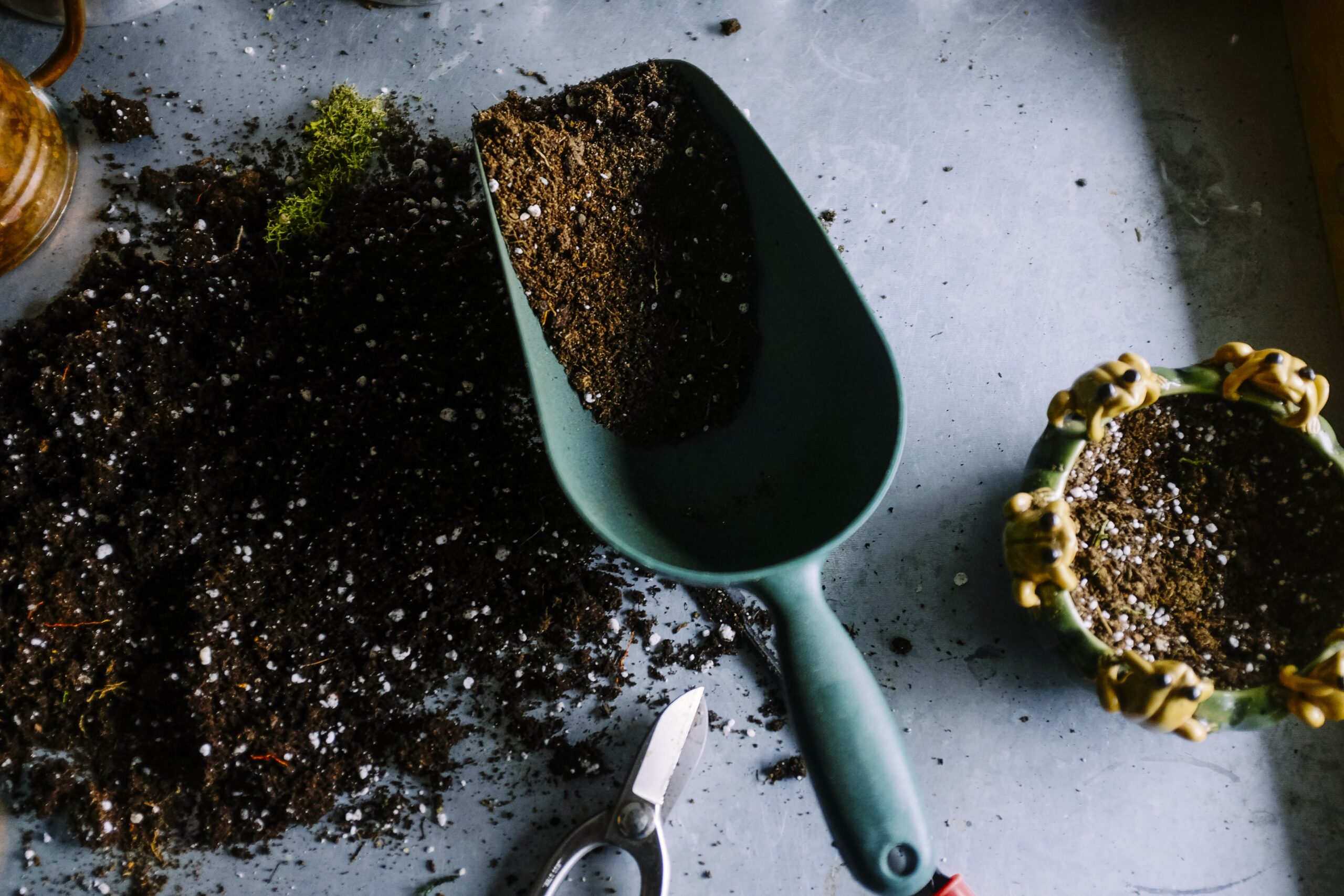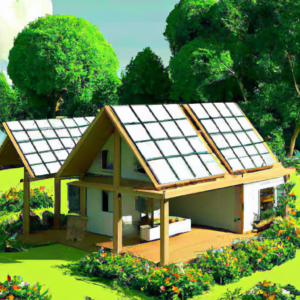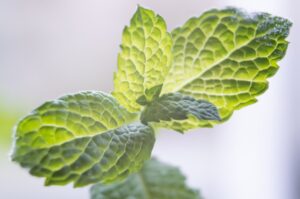Imagine this scenario: you’ve just started your own compost pile, excited about reducing waste and nourishing your garden. But then the rain starts pouring down, leaving you wondering, “Should compost be rained on?” It’s a valid question that many gardeners have asked, and in this article, we will explore the benefits and considerations of rain on compost. So grab your umbrella and let’s dive into the world of composting in the rain!
Check Out Our Recommended Composting Products on Amazon Right Here!
Advantages of Rainfall on Composting
Increased Moisture Content
One of the major advantages of rainfall on composting is the increased moisture content it provides to the compost pile. Composting requires the right balance of moisture to break down organic matter effectively. Rainfall adds the necessary water to the compost pile, preventing it from drying out and ensuring that the ingredients remain damp. This increased moisture content helps in the decomposition process and creates an ideal environment for beneficial microorganisms to thrive.
Easier Decomposition
Rainfall significantly aids in the decomposition of organic matter in composting. When the compost pile is moist, microbes, bacteria, and other decomposers can work more efficiently, breaking down the materials faster. The moisture provided by rainfall helps soften the materials, making them more accessible for the decomposers to break down. As a result, composting in rainy conditions can lead to quicker and more effective decomposition, producing nutrient-rich compost.
Natural Aeration
Another advantage of rainfall on composting is the natural aeration it provides. Rainwater helps to loosen the materials in the compost pile, allowing for better air circulation. Oxygen is crucial for the aerobic decomposition process, as it enables the beneficial microbes to thrive and break down the organic matter. The rainwater seeps into the compost pile, creating air pockets and promoting a healthier composting environment. This natural aeration helps in preventing the compost pile from becoming compacted and enhances the overall decomposition process.
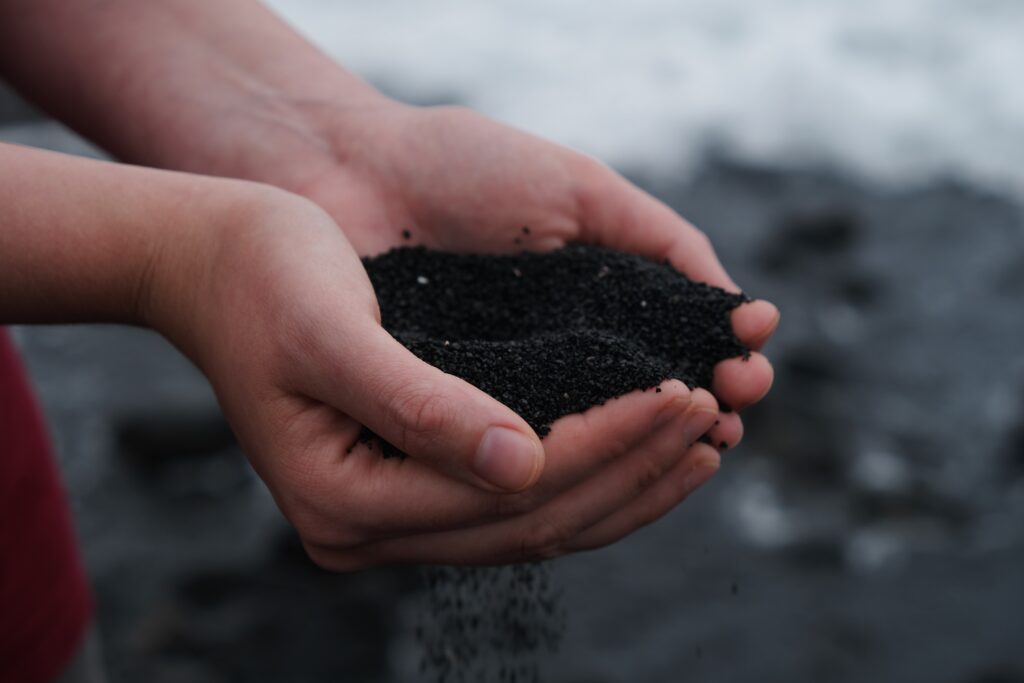
Check Out Our Recommended Composting Products on Amazon Right Here!
Exploring the World of Compost
Disadvantages of Rainfall on Composting
Leaching of Nutrients
While rainfall provides many benefits to composting, it can also lead to the leaching of nutrients from the compost pile. When excessive rainwater passes through the compost, it carries away some of the essential nutrients that are released during decomposition. This nutrient loss can impact the overall quality of the compost, reducing its nutrient content. To minimize nutrient leaching, it is important to manage the moisture levels and ensure proper drainage in the compost pile.
Potential for Waterlogging
One of the downsides of excessive rainfall on composting is the potential for waterlogging. If the compost pile becomes saturated with water and does not have proper drainage, it can lead to waterlogging. Waterlogged compost piles may become anaerobic, lacking oxygen, which can hinder the decomposition process. The excess water can also create an unsuitable environment for beneficial microorganisms to thrive. To prevent waterlogging, it is crucial to maintain a balance of moisture and ensure proper drainage in the compost pile.
Odor and Pest Issues
Rainfall can contribute to the development of odor and pest issues in composting. Excessive moisture in the compost pile can create anaerobic conditions, leading to unpleasant odors. These odors can attract pests such as flies and rodents, further disrupting the composting process. It is important to manage the moisture levels and prevent the compost from becoming overly wet to avoid these issues. Regularly turning the compost pile can also help aerate it and minimize the risk of odor and pest problems.
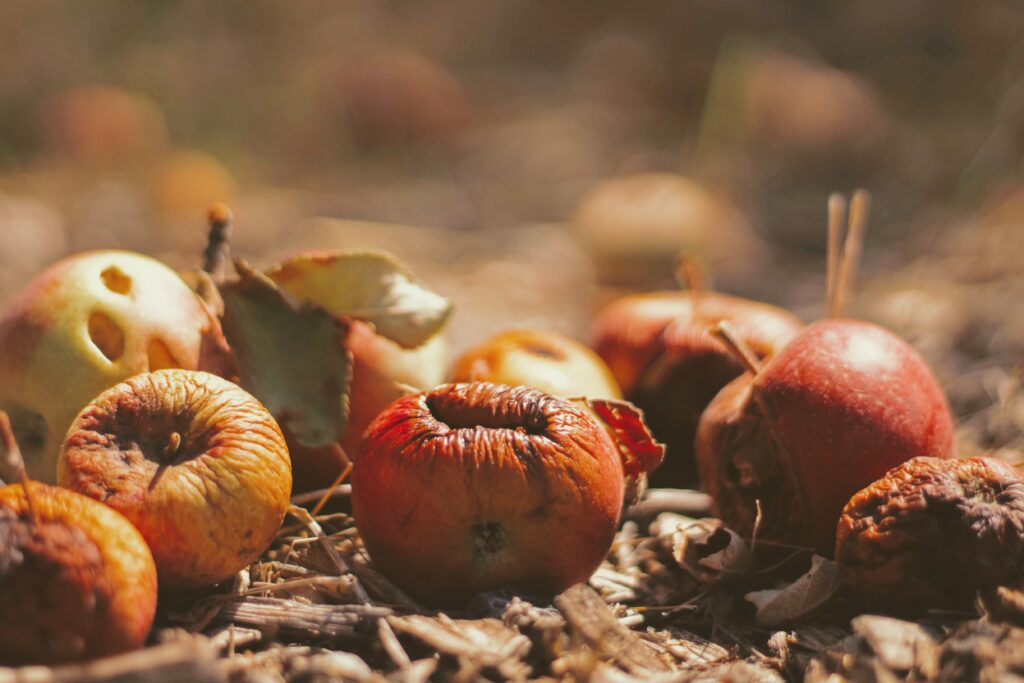
Tips for Managing Composting in the Rain
Covering the Compost Pile
To mitigate the disadvantages of rainfall on composting, one effective method is to cover the compost pile. Using a cover, such as a plastic tarp or a compost bin lid, can protect the compost from excessive rainfall. Covering the compost pile helps in maintaining the moisture levels and prevents waterlogging. It also keeps the compost pile from getting saturated, reducing the risk of nutrient leaching and the development of odor and pest issues.
Using a Tarp or Lid
Using a tarp or lid to cover the compost pile not only protects it from rain but also helps retain heat. In rainy conditions, the heat generated during the decomposition process can escape, slowing down the composting process. By covering the compost pile, you create a barrier that traps heat, creating an optimal environment for decomposition. Retaining heat also aids in the breakdown of materials and helps kill weed seeds and potential pathogens.
Creating Drainage Paths
To prevent waterlogging and ensure proper drainage in your compost pile, it is essential to create drainage paths. By building a base layer of coarse organic materials or using a drainage system, excess moisture can flow out of the compost pile. This helps maintain a balanced moisture level and decreases the risk of waterlogging. Adequate drainage paths also promote natural aeration, allowing oxygen to reach the decomposers and enhancing the overall composting process.
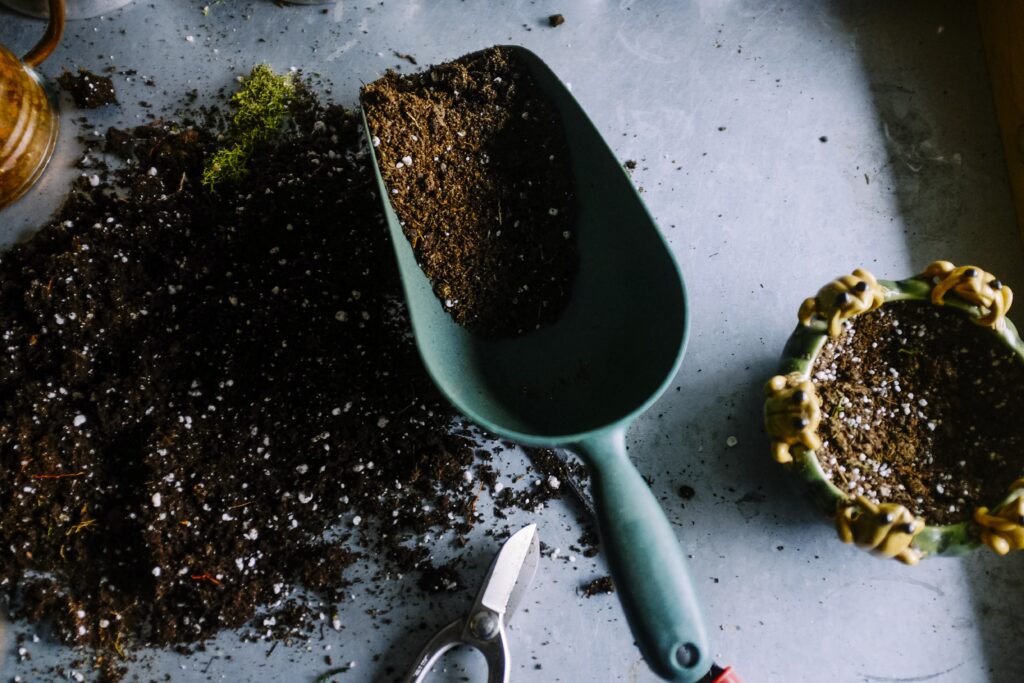
What Composting Methods Are Suitable for Rainy Conditions?
Indoor Composting Options
If you live in an area with continuous rainfall or want to compost during the rainy season, indoor composting options are a suitable choice. Indoor composting methods, such as vermicomposting or bokashi composting, can be easily managed within the confines of your home. These methods utilize worms or beneficial microorganisms to break down organic waste, eliminating the need for outdoor exposure. Indoor composting allows you to maintain control over moisture levels and protect the compost from excessive rainfall.
Enclosed Compost Bins
Enclosed compost bins are an excellent choice for composting in rainy conditions. These bins provide protection from excess rainwater while still allowing for proper decomposition. The enclosed design helps retain moisture and heat, creating an ideal environment for the composting process. Additionally, enclosed compost bins come in various sizes, making them suitable for different spaces, including small gardens or balconies.
Hot Composting Techniques
Hot composting techniques, such as the Berkeley method or the Johnson-Su bioreactor, are well-suited for rainy conditions. These methods involve actively managing the compost pile’s moisture, temperature, and carbon-to-nitrogen ratio to accelerate the decomposition process. The high temperatures generated during hot composting help combat excess moisture and prevent waterlogging. By closely monitoring and adjusting these factors, you can successfully compost in rainy conditions and achieve faster decomposition.
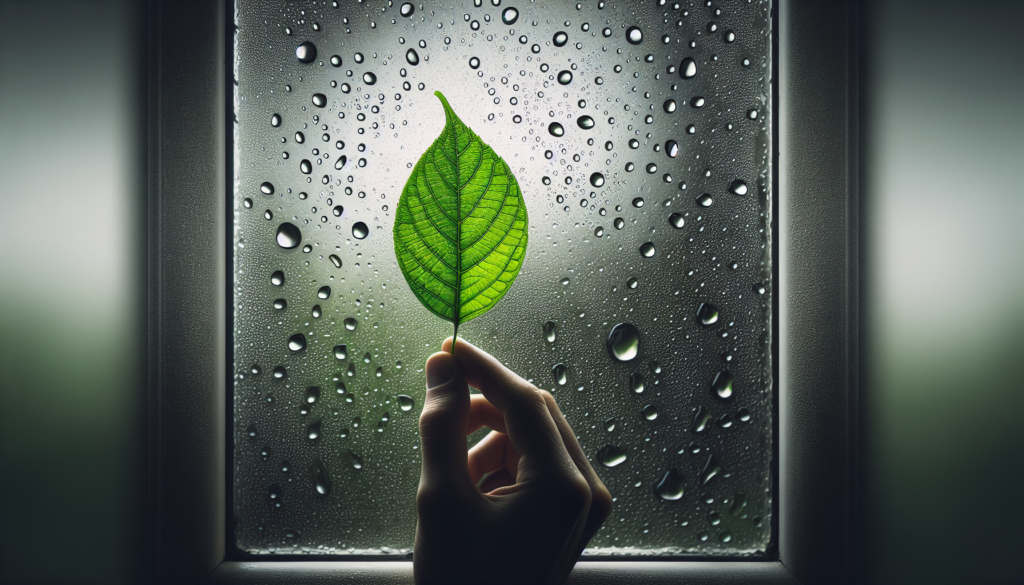
Conclusion
Composting in rainy conditions has both advantages and disadvantages. Rainfall provides increased moisture content, easier decomposition, and natural aeration, enhancing the overall composting process. However, it can also lead to nutrient leaching, potential waterlogging, and odor and pest issues. To manage composting in the rain, covering the compost pile, using a tarp or lid, and creating drainage paths are effective strategies. Different composting methods, such as indoor composting options, enclosed compost bins, and hot composting techniques, are suitable for rainy conditions. By considering these tips and methods, you can successfully compost even when faced with rainy weather for healthier, nutrient-rich soil.
Check Out Our Recommended Composting Products on Amazon Right Here!

